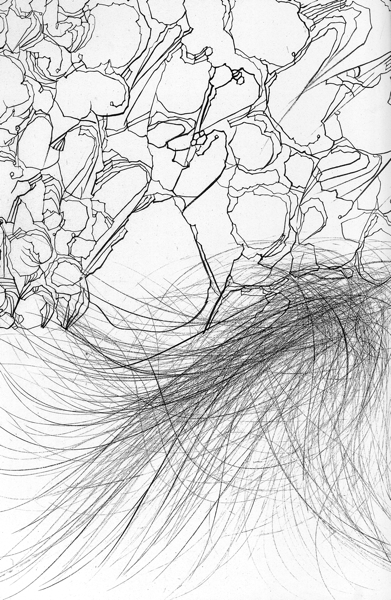Special Topics in History of Art: Beautiful Writing: Explorations of East Asian Calligraphy

Why does writing matter in East Asia? What is the place of writing in art history? What is lost when we think of texts only in terms of content, divorced from style, medium, and materials? What can textual historians and those studying non-Asian art gain from a close examination of the written word?
This seminar explores practices of brush writing in Japan, with a secondary emphasis on Chinese and Korean calligraphic traditions. We will consider basic linguistic features of East Asian cultures; fundamental art historical ideas including style, abstraction, materiality, connoisseurship, and formal analysis; social and cultural issues such as valuation, and the formation of gender and proto-national identities. We will not necessarily follow a chronological narrative, but we will cover the beginnings of writing in central China up through 21st century calligraphy in Japan and elsewhere. Different themes will necessarily involve comparisons of diverse cultural and historical moments.
Estimated cost of materials: $0-$50
In addition to providing an overview of East Asian (especially Japanese) calligraphic traditions, this class aims to develop and deepen your understanding of East Asian languages and cultures, while honing your skills of written and oral description, connoisseurship, and historical and visual analysis. Your research papers should challenge you to engage with topics related to the written word across world visual cultures.
This course adopts an explicitly unconventional approach to the study of calligraphy, welcoming perspectives from diverse fields including studio practice, font design, art conservation, anthropology, computer engineering, musicology, and Japanese linguistics and pedagogy. Thus, students from all backgrounds are welcome and everyone will be expected to actively engage with the material from a variety of disciplinary perspectives. No prior knowledge of East Asian languages or culture is required, but students who have particular linguistic skills will be encouraged to apply them in the course of the semester and in their final research papers.